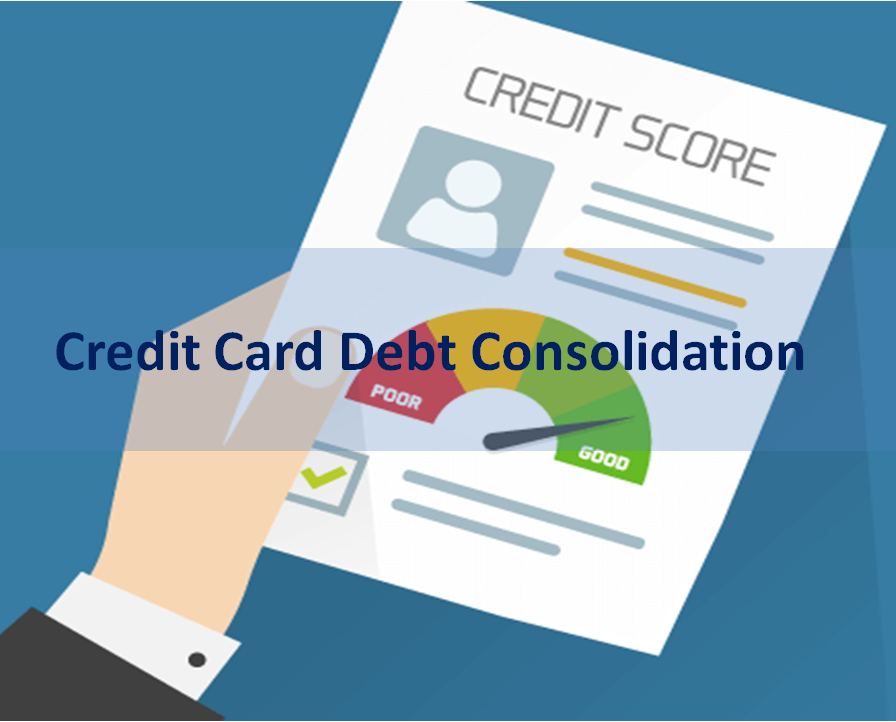Before you can decide whether you’re a possible candidate for debt consolidation or whether it’s an option you should consider, you need to know how the process works. There’s no one “right” way to consolidate. Rather, there are a handful of different strategies that work for different borrowers based on their finances and goals. Each one operates a bit differently and brings its own set of advantages and risks to the table.
Let’s take a closer look at the inner workings of three different forms of credit card debt consolidation.
[tmh_article_ads]
How Consolidation Loans Work
Perhaps the most popular method for debt consolidation is taking out a personal loan.
In fact, consolidation is the leading reason people do take out personal loans, according to a Bankrate study — as 38 percent of loan applicants reported it as their reason for doing so. The same study showed that about one-third of borrowers seek mid-sized loans ranging from about $2,000 and $10,000, although many people do borrow larger amounts depending on their needs.
How does credit card debt consolidation work using a loan? The first step is applying and getting approved — the higher your credit score, the higher your chances here. If you are approved, you can use the funds from the loan to pay off your outstanding credit card balances all at once. Then it’s your responsibility to make fixed monthly payments on the loan until it’s been fulfilled.
The goals are to make it easier to handle repayment and to reduce the amount of interest owed. Personal loans often have lower interest rates than credit cards, particularly for borrowers in strong credit standing.
How Balance Transfer Credit Cards Work
Do you think you could get a better handle on your debt if you could catch a break on interest? Then transferring one or more existing balances to a special credit card with very low (or no) interest for a set time period — usually between six and 18 months.
During this special introductory period, you can funnel as much money as possible toward your balance without interest compounding in the background. Considering the fact credit card interest compounds daily — meaning new interest is calculated on your current balance plus any interest it’s accrued — this approach can help save you hundreds of dollars or more if you’re able to reduce or eliminate that balance within the designated timeframe.
There is typically a fee to transfer each balance. You can also expect interest rates to jump back up after the introductory offer expires — so make sure you have a plan to put a real dent in your balance, if not wipe it out completely before it ends.
How Debt Management Plans Work
A third potential way to consolidate credit card debts involves working closely with a credit counseling agency to come up with a repayment plan. Creditors may be willing to give you concessions for enrolling in debt management, like reducing interest, lowering monthly payments, or writing off fees.
In exchange, you must make a consistent monthly payment to the agency and it must hand off those funds to creditors — usually for a period of three to five years. You may be encouraged or even required to freeze or close credit card accounts during this time to make sure you don’t rack up additional debt.
Exactly how credit card debt consolidation works depends first and foremost on which angle you approach it from. Taking out a loan looks different than using a balance transfer card which, in turn, looks different from participating in a DMP. These strategies all share the goal of helping you get out of debt-free for the least amount of money and difficulty possible, though.



Share your thoughts